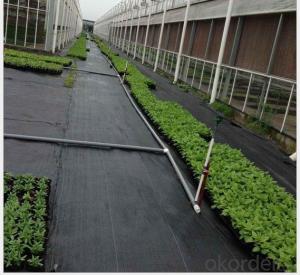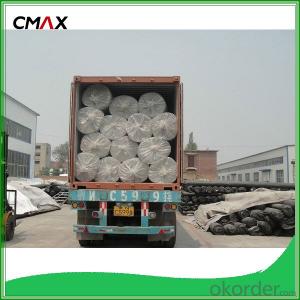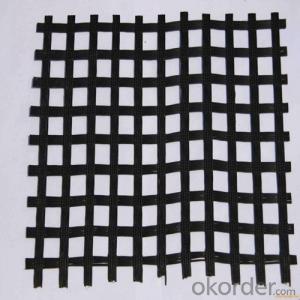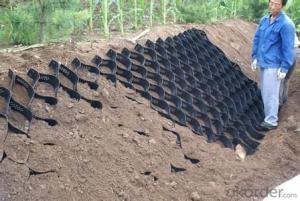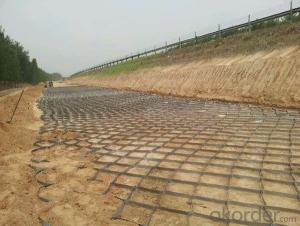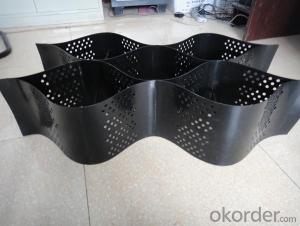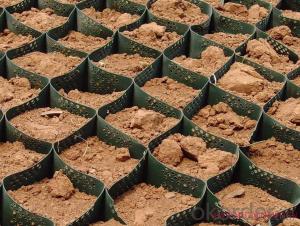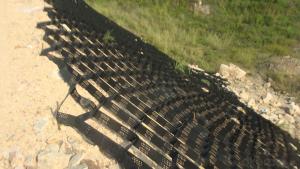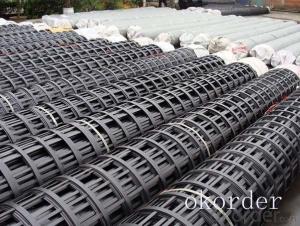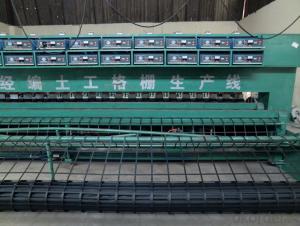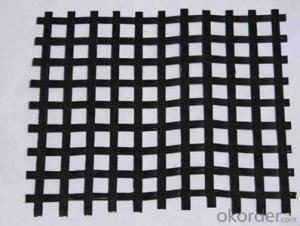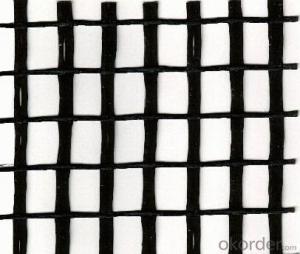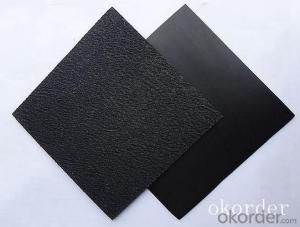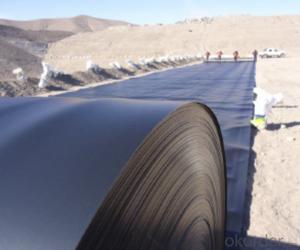All Categories
- - Steel Wire Rod
- - Steel Coils
- - Steel Profiles
- - Steel Pipes
- - Stainless Steel
- - Tinplate
- - Special Steel
- - Steel Sheets
- - Steel Rebars
- - Steel Strips
- - Hot Rolled Steel
- - Cold Rolled Steel
- - Pre-painted Steel
- - Seamless Steel Pipe
- - Welded Steel Pipe
- - Hollow Steel Tubes
- - Galvanized Pipe
- - Stainless Steel Coil
- - Stainless Steel Sheet
- - Stainless Steel Plate
- - Stainless Steel Strips
- - Electrolytic Tinplate Coil
- - Electrolytic Tinplate Sheet
- - Stainless Steel Rebars
- - Solar Panels
- - Solar Water Heater
- - Solar Related Products
- - Solar Inverter
- - Solar Cells
- - Solar Light
- - Solar Energy Systems
- - Solar Controllers
- - Solar Mounting System
- - Solar Pump
- - Solar Chargers
- - Fiberglass Chopped Strand
- - Fiberglass Mesh Cloth
- - Composite Pipes
- - FRP Pultrusion Profiles
- - Fiberglass Mat Tissue
- - Fiberglass Fabrics
- - Fiberglass Mesh
- - Composite Tank
- - Fiberglass Mesh tape
- - Polymer
- - FRP Roofing Panel
- - Fiberglass Roving
- - Monolithic Refractories
- - Ceramic Fiber Products
- - Refractory Bricks
- - Raw Materials For Refractory
- - Suspended Platform
- - Cranes
- - Concrete Machinery
- - Earthmoving Machinery
- - Building Hoist
- - Road Building Machinery
- - Plastic Pipe Fittings
- - Plastic Tubes
- - Plastic Sheets
- - Agricultural Plastic Products
- - Plastic Nets
 All Categories
All Categories
Q & A
How does soil compaction impact the stability of embankments and foundations?
Soil compaction can significantly impact the stability of embankments and foundations. When soil is compacted, its density increases, reducing its ability to drain water effectively and increasing the risk of water accumulation. This can lead to a decrease in soil strength and stability, making embankments and foundations more susceptible to settlement or even failure. Additionally, compacted soil has reduced porosity and permeability, limiting its ability to absorb and distribute loads evenly. As a result, embankments and foundations built on compacted soil may experience uneven settling and increased vulnerability to erosion, undermining their stability and structural integrity.
What are the measures taken to protect against soil liquefaction in earthquake-prone areas?
There are several measures taken to protect against soil liquefaction in earthquake-prone areas. Some of these measures include improving the soil's stability through compaction or densification techniques, using deep foundation techniques such as piles or caissons to transfer the load to deeper, more stable layers of soil, and constructing retaining walls or soil anchors to prevent lateral movement of the soil. Additionally, engineers may also employ ground improvement techniques like soil mixing or grouting to strengthen the soil and reduce its susceptibility to liquefaction. Regular monitoring and assessment of the soil conditions, as well as implementing proper building codes and regulations, are also crucial in mitigating the risks associated with soil liquefaction in earthquake-prone areas.
How is earthwork sequencing and scheduling determined in construction planning?
Earthwork sequencing and scheduling in construction planning is determined by considering various factors such as project requirements, site conditions, available resources, and project constraints. The process involves analyzing the project scope, topographical survey data, and project specifications to determine the most efficient and practical sequence of earthwork activities. This includes determining the order of excavation, grading, and earthmoving operations, as well as establishing the timeframe for each activity based on the project schedule. Additionally, considerations such as weather conditions, equipment availability, and site access are taken into account to ensure optimal sequencing and scheduling of earthwork activities.
Wholesale Earthwork from supplier in Ukraine
Whether you are involved in construction, landscaping, or infrastructure development, our Earthwork products are designed to meet the highest standards of quality and durability. We offer a wide range of products such as geotextiles, geogrids, geomembranes, erosion control products, and drainage systems.
Our team of experts is dedicated to assisting you throughout the entire process, from understanding your specific requirements to providing customized solutions. We understand the unique challenges and regulations of the Ukrainian market, and we ensure that our products comply with all relevant standards and certifications.
In addition to providing top-notch products, we also offer competitive pricing and efficient logistics services. Our strong network allows us to deliver our products to any location in Ukraine in a timely manner, ensuring that your projects stay on schedule.
Furthermore, we provide comprehensive technical support to ensure that you achieve optimal performance and maximum efficiency with our Earthwork products. Our knowledgeable team is available to answer any questions, provide guidance on installation, and offer ongoing assistance throughout the lifespan of your project.
By choosing us as your Earthwork supplier in Ukraine, you can benefit from our global expertise, industry-leading products, and exceptional customer service. We are committed to building long-lasting partnerships and helping you achieve success in your projects. Contact us today to discuss your Earthwork procurement needs in Ukraine.
Our team of experts is dedicated to assisting you throughout the entire process, from understanding your specific requirements to providing customized solutions. We understand the unique challenges and regulations of the Ukrainian market, and we ensure that our products comply with all relevant standards and certifications.
In addition to providing top-notch products, we also offer competitive pricing and efficient logistics services. Our strong network allows us to deliver our products to any location in Ukraine in a timely manner, ensuring that your projects stay on schedule.
Furthermore, we provide comprehensive technical support to ensure that you achieve optimal performance and maximum efficiency with our Earthwork products. Our knowledgeable team is available to answer any questions, provide guidance on installation, and offer ongoing assistance throughout the lifespan of your project.
By choosing us as your Earthwork supplier in Ukraine, you can benefit from our global expertise, industry-leading products, and exceptional customer service. We are committed to building long-lasting partnerships and helping you achieve success in your projects. Contact us today to discuss your Earthwork procurement needs in Ukraine.

